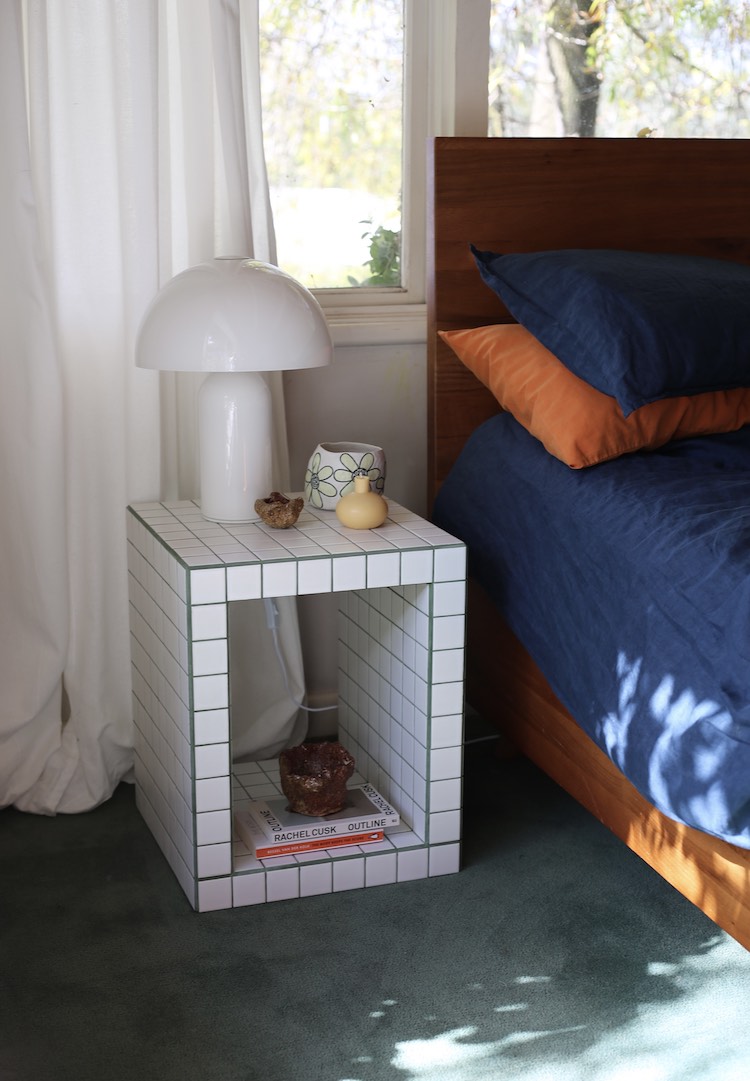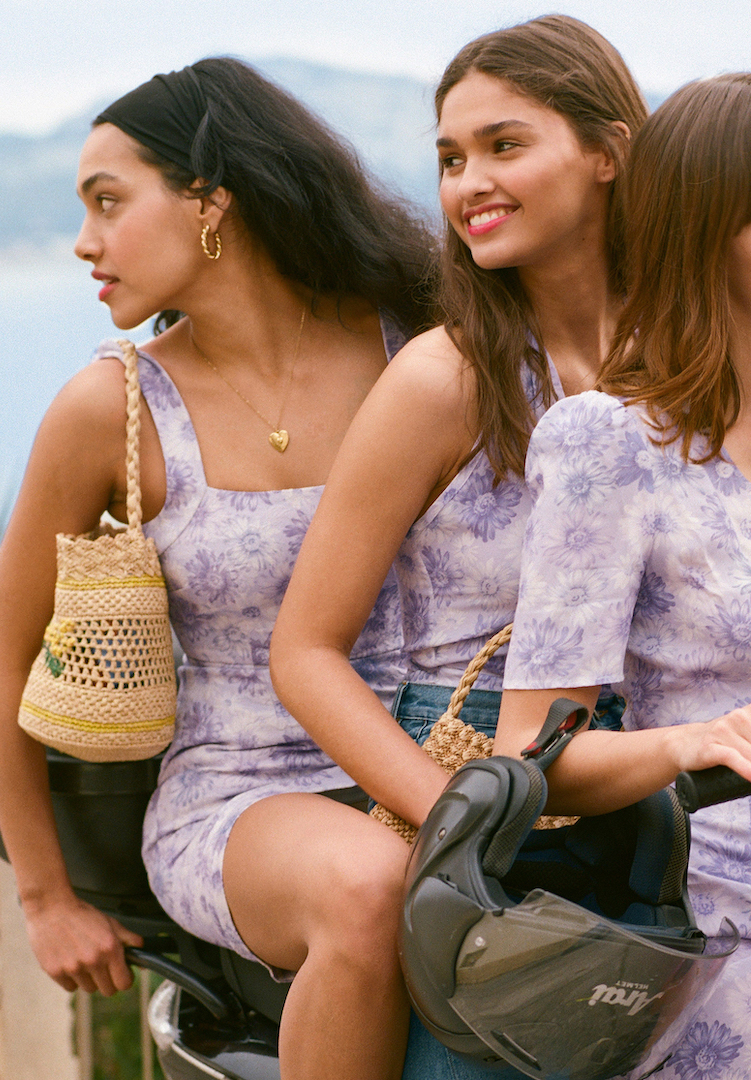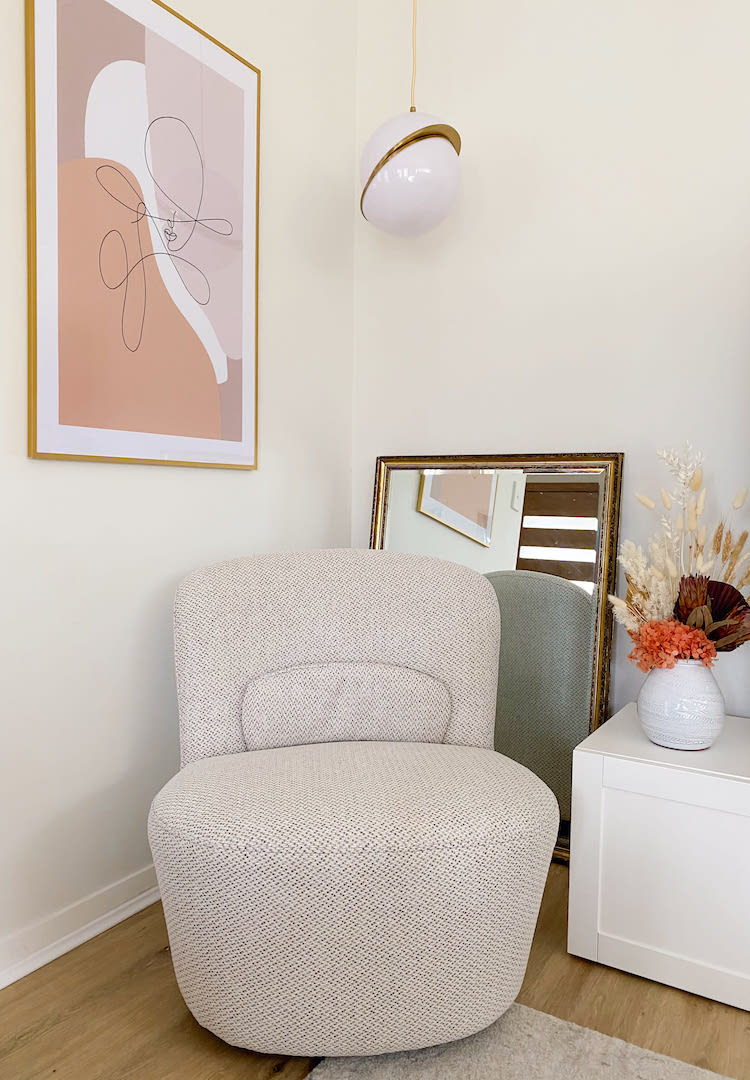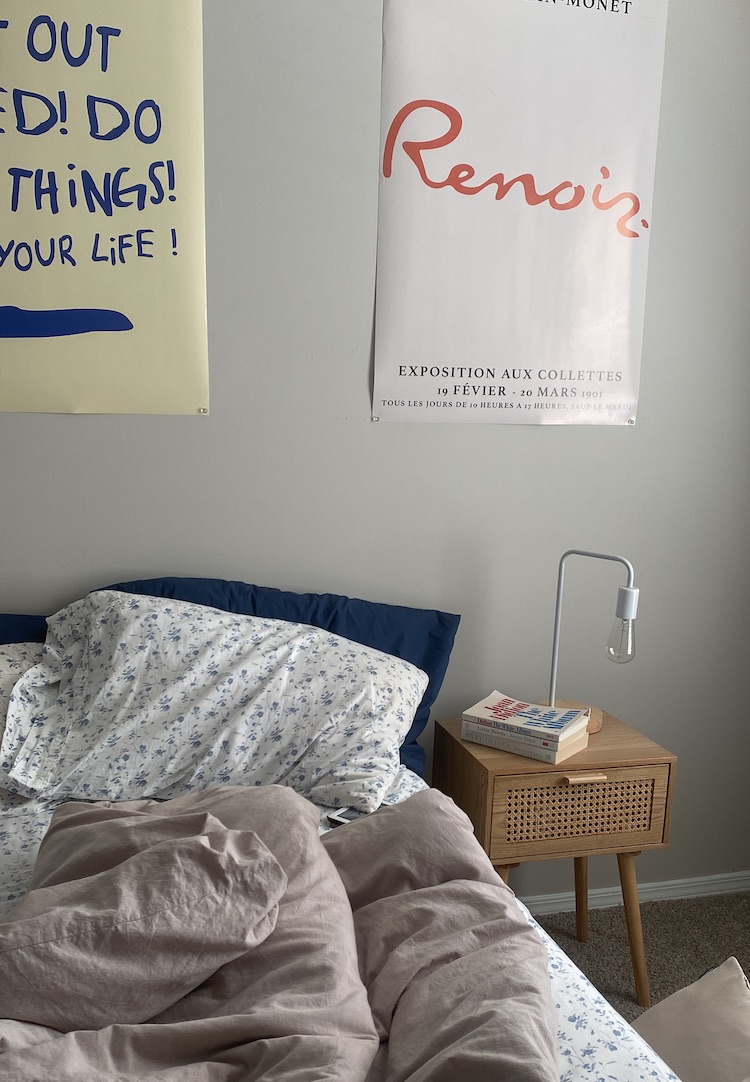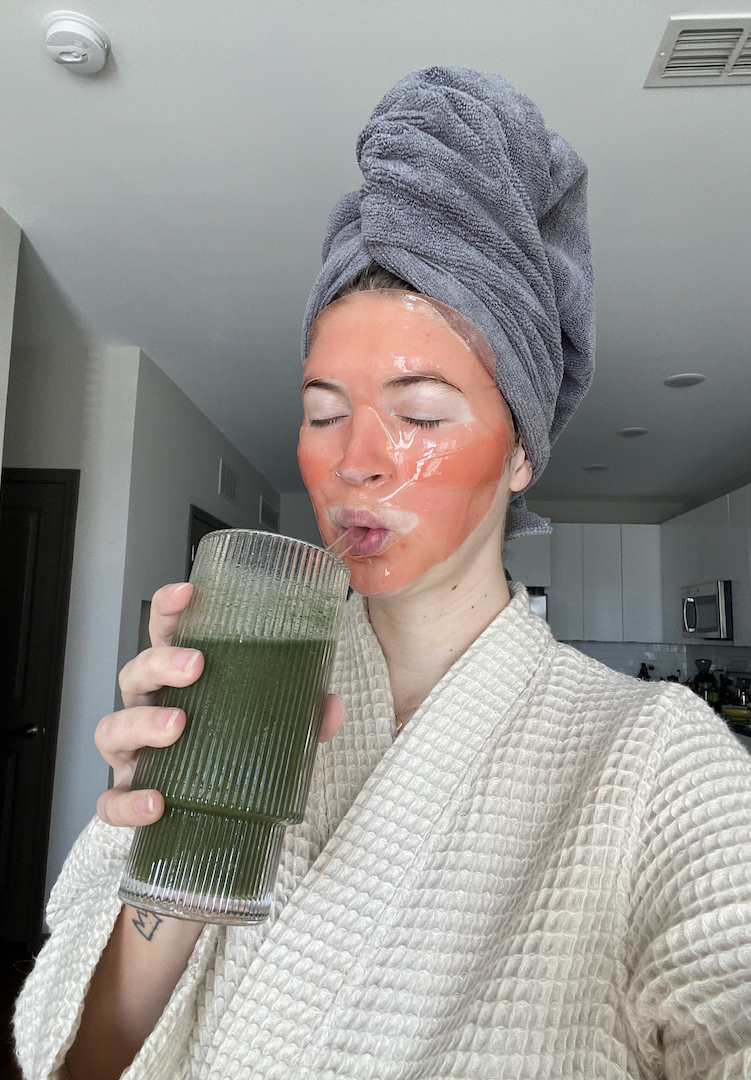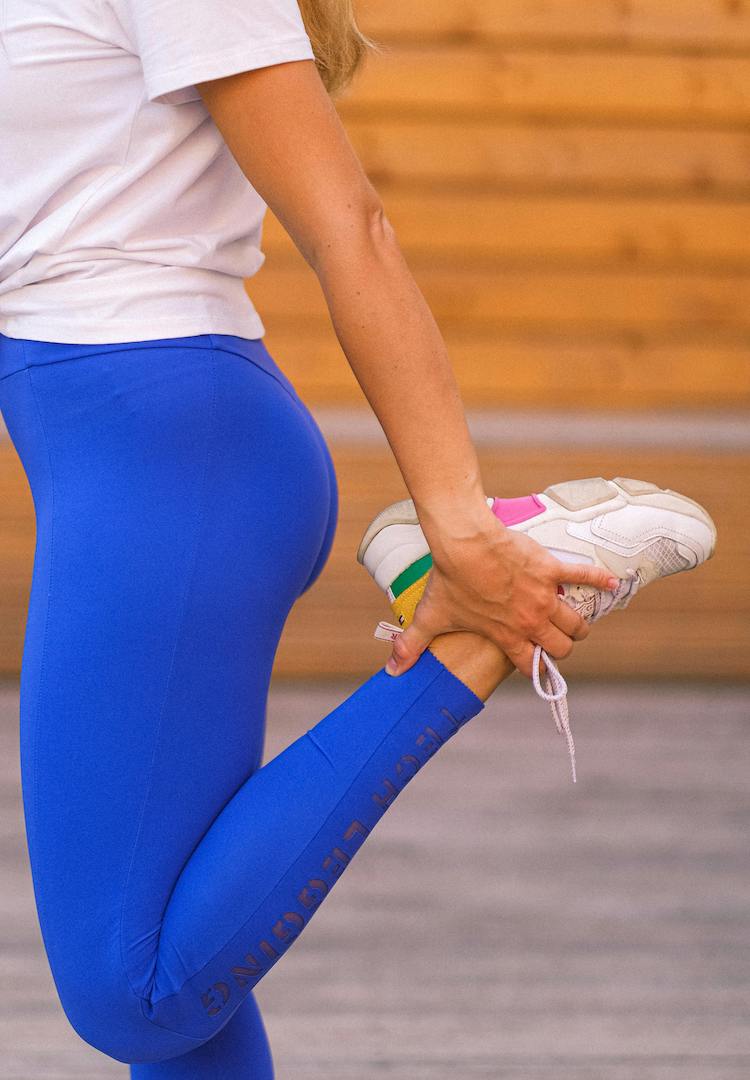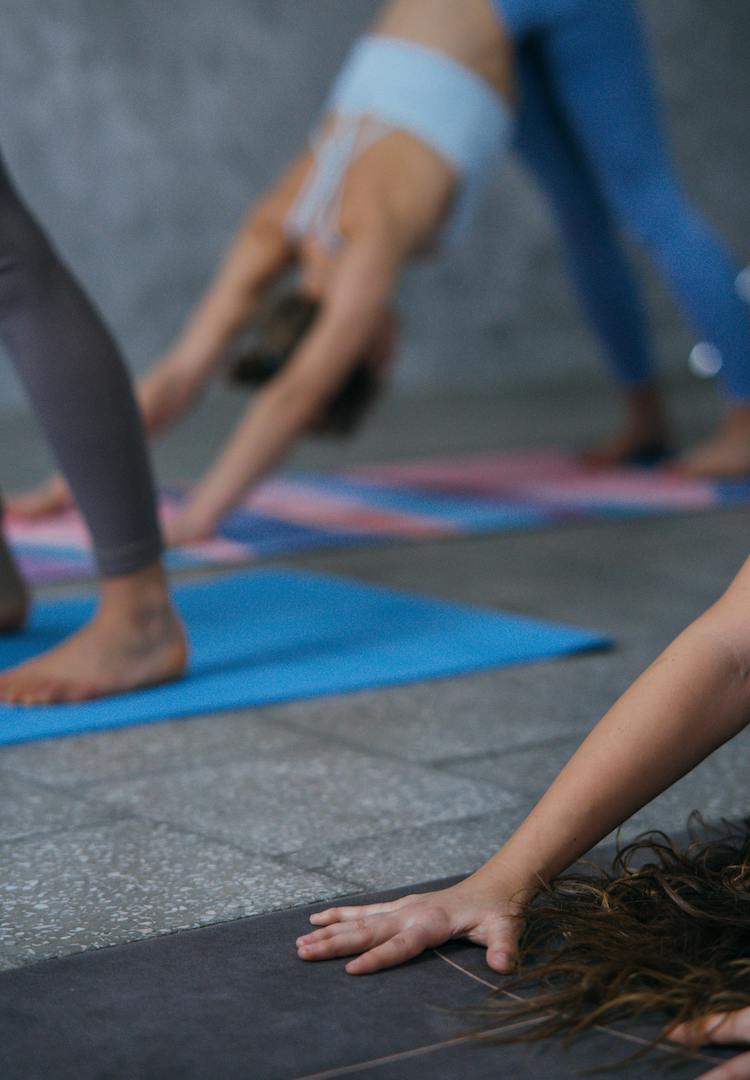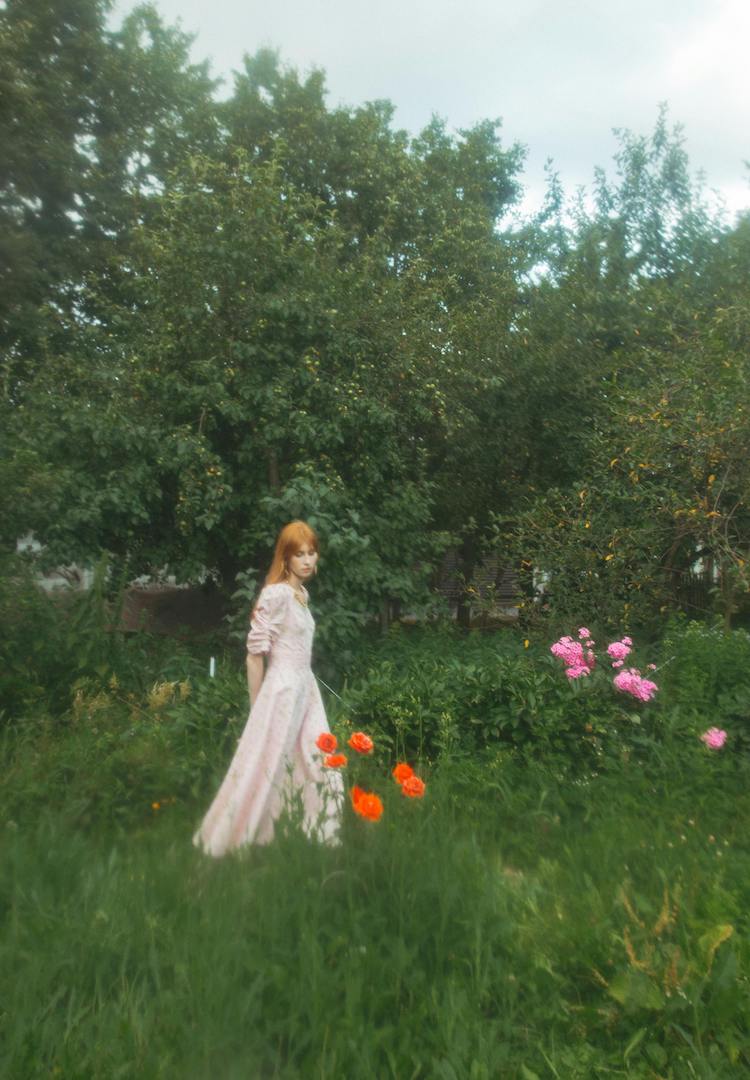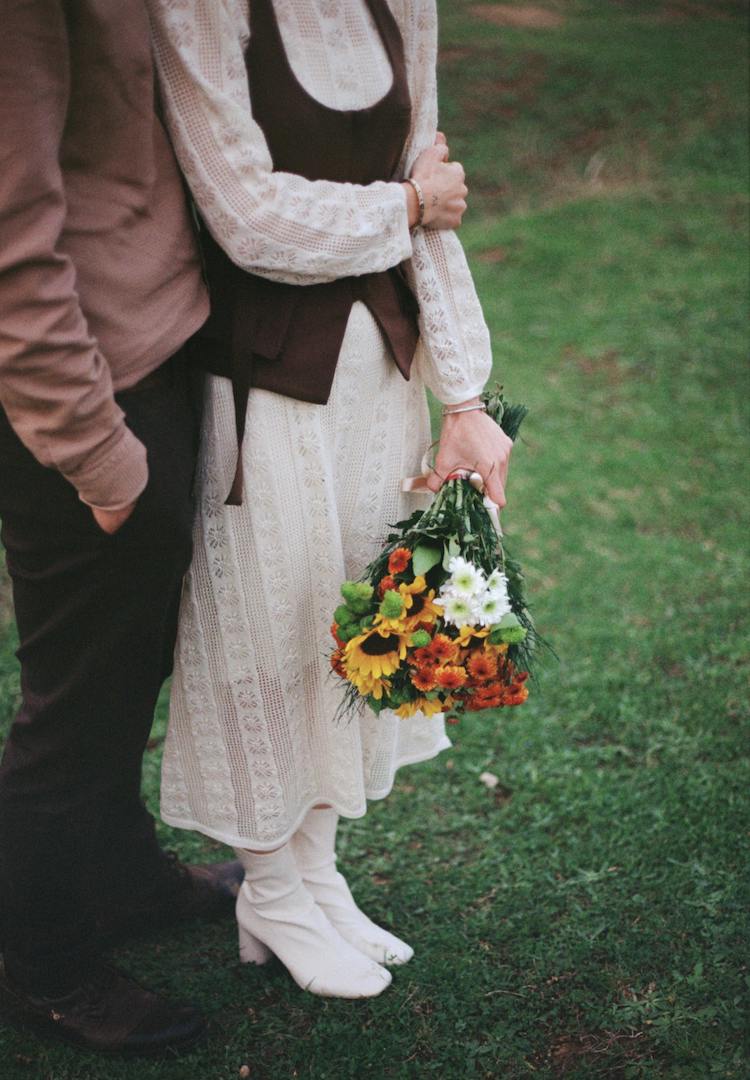Validation from men made me feel seen, but ultimately I feel better without it
IMAGE VIA ROUJE
Words by Claudia Weiskopf
“The male gaze, at once toxic, ephemeral and addictive, was like a drug.”
I used to get hit on a lot. Like, a lot. I don’t say this to boost my own ego, or to cultivate an image of myself as the sort of person who can turn heads involuntarily. It’s simply the truth. At 17, I received more male attention – solicited and otherwise – than ever before in my life.
I was a lonely teenager, always desperate for a few people in my life who really got me. A sense of otherness pervaded me, followed me home from school and crept up my shins. Cliché, I know, but with a head full of books and the luxury of time, what else is there to do at 17 besides relish in your own gory hormonal angst?
Interested to hear how others navigate the world? Head to our Life section.
I was not pretty. Remember those silly ‘like for a TBH’ posts that we all circulated on Facebook in high school? Yeah, I thought you did. Craving attention and not the least ashamed to demand it, I once ‘liked’ one of these posts from a popular girl at school.
This comment, which merits the award for most backhanded compliment ever, quickly followed. “Claudia, you’re sooo nice and way prettier than people give you credit for!”
When the dreaded response popped up on my screen, it confirmed my suspicions. I was not pretty, and worse, no one had the illusion that I was. The chunky Dream Matte Mousse foundation that I used to cover my adolescent eye bags was fooling no one, nor were the old school YouTube hair tutorials that I followed like a religion.
Then, seemingly overnight, the impossible occurred. I became pretty. When I left Australia on a scholarship to an international boarding school in the forests of Canada, it felt like I was granted permission to slough off the memory of myself.
I was not the girl who forgot an apple in her school locker till it became furry and pervaded the room with thick pungent waves of stink. I was not the girl who was slightly too chubby to be cute, slightly too shy to be adorable. I was not the awkward girl who did not get invited to the formal, who had never been kissed or even asked out by the end of year 12.
I was made anew. I had no shadow. That was when I became pretty. Two years in Canada did me good. I lost weight, grew my hair, grew my confidence and returned home with a fresh sense of self. People who saw me in the street commented on my change.
I felt like a gooey butterfly fresh from her cocoon, sticky wings unfurling for all to see. But along with a smaller dress size and the sinuous beginnings of an eating disorder, I had gained something else in my years away. Sex appeal.
Suddenly, men were stopping me in the street for my number. Woolworths check-out boys were asking me to meet them after their shift ended. All around, the male population was waking up to me. I was, for the first time, deserving of my credit.
The male gaze, at once toxic, ephemeral and addictive, was like a drug. Finally, I had grasped that fleeting dark thing that so many people craved and crawled and coiffed for. I was pretty.
As you might imagine, it didn’t solve my problems. While I was in Canada, my cursory school friends had faded away and moved on. People had bought cars and started uni. My family had disintegrated and my childhood home was sold. The world had moved on, and my prettiness did not stop this.
It did not solve my problems as I had imagined it would. I was, at the core, still me. That was the one thing I could not change. I was getting more attention than ever, and yet I was still painfully lonely. Maybe even more so, because I didn’t even have the excuse of ugliness to shield myself. It was more than skin deep.
The year of 17 feels like a fever dream now. When I was so lonely and depressed that I thought I may very well fade into the walls, I used to get on the train and go into the city. I used to walk around the streets and beg the universe for someone to talk to.
She listened, but the leering middle-aged men who chatted me up were not who I wanted. I wonder now what the hell they were doing talking to someone so young, so vulnerable, so obviously desperate. I sought out the validation I could not give myself in others, but it was no stand-in for the real thing.
Now, I’m different. Not better or worse, just different. I have a boyfriend and friends who love me. I have a family who is not totally whole but not fractured either. I have passions and dreams and, most importantly, love for myself. I do not get catcalled anymore. Men do not approach me on the street.
Check-out boys scan my celery without a second glance. I am not lusted after, nor sought out for my looks. Relationship weight gain and age have seen to that. I wonder if men can sense that vulnerability and insecurity do not dog me anymore, and have turned their sights to fresher meat.
Even though I know what lies at the end of the road, though, I cannot shut out the little nagging voice that tells me for every uninterested brush of someone’s eyes over me, I am worthless. The male gaze is a tricky thing. It creeps into your pores with each catcall, with each weight-loss commercial, with every unwanted grasping hand in the dark recesses of a club dance floor.
Despite it all, I am better this way. I think of 17-year-old me and wish I could tell her it gets better. I would sweep her hair from her face and make her a cup of tea, ask if she ate that day. I would gently pull her hands away from her wrist where she had been ascertaining that the fingers still touched around the bone.
I would tell her that looking pretty and being pretty are two totally different things. I would tell her that her pain won’t ever fade but rather take on the shiny candy-hard texture of memory. She wouldn’t believe me, but I would say it anyway.
They say that your cells renew every seven years. At 24, this is the last year that we will share a body. When she fades from me, though, I will not forget her. I hope she would do the same for me.
If you’re struggling with body image issues or eating disorders, you can call the Butterfly National Helpline at 1800 33 4673 for free and confidential support, or email or chat to them online here.

